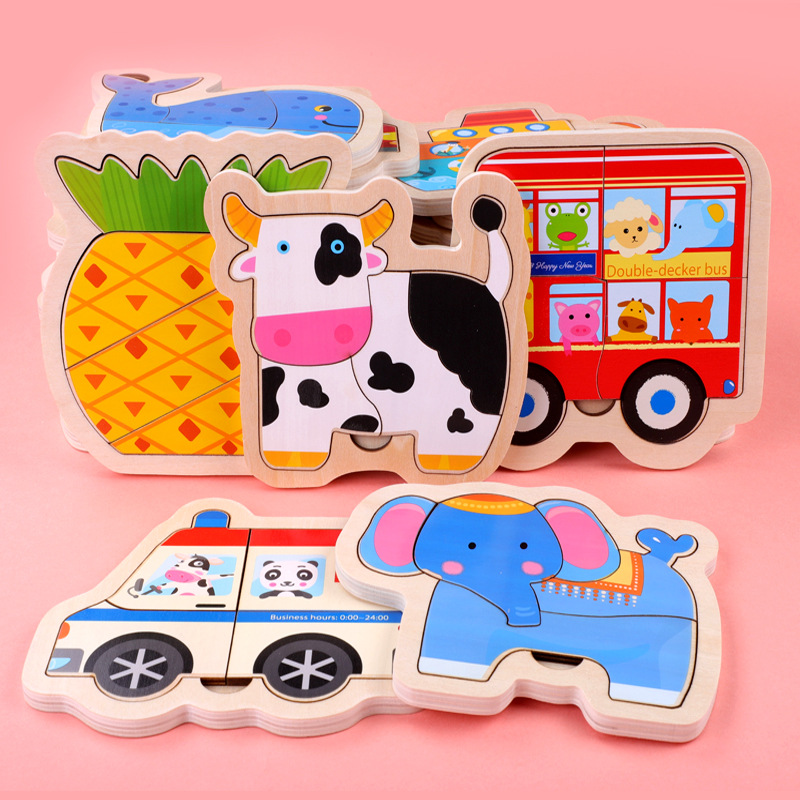Introduction: Educational psychologists have long recognized the value of puzzle toys in promoting cognitive, emotional, and social development in children. These captivating toys offer a wealth of learning benefits that align with various educational theories and principles. In this blog, we’ll explore the relationship between puzzle toys and educational psychology, shedding light on the underlying mechanisms that make them effective learning tools.
- Constructivism and Active Learning: Puzzle toys embody the principles of constructivism, allowing children to actively engage in hands-on learning experiences and construct knowledge through exploration.
- Zone of Proximal Development (ZPD): Puzzle toys cater to children’s ZPD, offering challenges that are attainable with support, promoting optimal learning and skill development.
- Vygotsky’s Social Development Theory: Puzzle play provides opportunities for social interaction and cooperative learning, aligning with Vygotsky’s emphasis on social learning and scaffolding.
- Piaget’s Stages of Cognitive Development: Puzzle toys cater to different stages of cognitive development, challenging children to think in more complex ways as they progress through various age-related stages.
- Intrinsic Motivation and Flow: Solving puzzles sparks intrinsic motivation and flow, creating an optimal learning environment where children are fully immersed and deeply engaged.
Conclusion: Puzzle toys exemplify the principles of educational psychology, aligning with constructivism, the Zone of Proximal Development, Vygotsky’s Social Development Theory, Piaget’s stages of cognitive development, and promoting intrinsic motivation and flow. As educators and parents introduce puzzle toys into learning environments, they embrace a well-rounded and effective approach to supporting children’s cognitive and social development, fostering a love for learning, and providing them with a strong foundation for lifelong educational pursuits.








